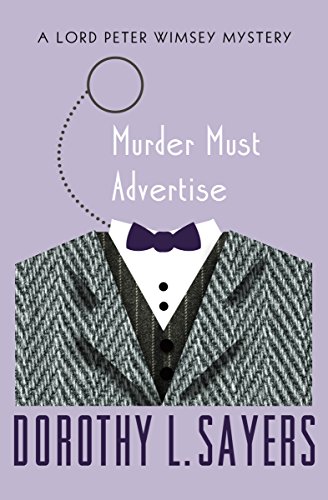“Nature’s dark side is heeded now–“
Herman Melville wrote a poem in 1860 of his “Misgivings” before The Civil War.
“With shouts of the torrents down the gorges go,
And storms are formed behind the storm we feel:
The hemlock shakes in the rafter, the oak in the driving keel.”
We’ve had storms and rumors of storms for about a month.
This week, the Russian army bombed a large theater in Mariupol, Ukraine, trapping over a thousand people who were sheltering from the siege. Last week, The Guardian ran an article reporting that some believe such destruction is an intentional effort to wipe out Ukrainian heritage and identity, to steamroll their country into Soviet-era sameness with Russia. (via Prufrock)
It’s difficult to take my mind off of the rattling, explosive thunder from the other side of the world. But here are a few other things.
The Complete Review reads The Runes Have Been Cast by Robert Irwin (not a recommendation to our readers, but still of possible interest):
With its colorful characters — notably Raven and Wormsley, but also, for example, Molly (who admits: “I don’t want a happy life. I want an interesting one”) — and a composed-seeming Lancelyn who finds himself coming apart in a world he can not readily categorize and impose an order on, much of The Runes Have Been Cast is tremendous good fun.
Poetry: “De la Mare (1873-1956) was among the first poets I read as a kid. Much of his verse is Janus-headed.” (via Books, Inq)
Coffeehouse Renovation: The Christian Study Center of Gainesville, Florida, is raising funds to renovate Pascal’s, their university community’s coffeehouse.
Education: Thomas Korcok’s Serpents in the Classroom reveals the religious agenda of many who formed how we think of education today. He shows how “these pillars of today’s education rejected Christianity and offered their approach to education as a way to undermine its influence and instill in young people something better.”
Camus: Albert Camus’s The Stranger “was first published in an underground edition in 1942, during the Nazi occupation of France, a time of widespread killing without emotion or remorse. It excited controversy from the start; Jean-Paul Sartre admired the novel but called it ‘unjustified and unjustifiable’ …”
Pilgrim’s Progress: “Bunyan gives us four ways to engage in the mental and spiritual fight. We have to fight thoughts with thoughts, words with words, untruths with truths.”
Photo: Belmont County Courthouse, Saint Clairsville, Ohio. 1995. John Margolies Roadside America photograph archive (1972-2008), Library of Congress, Prints and Photographs Division.










